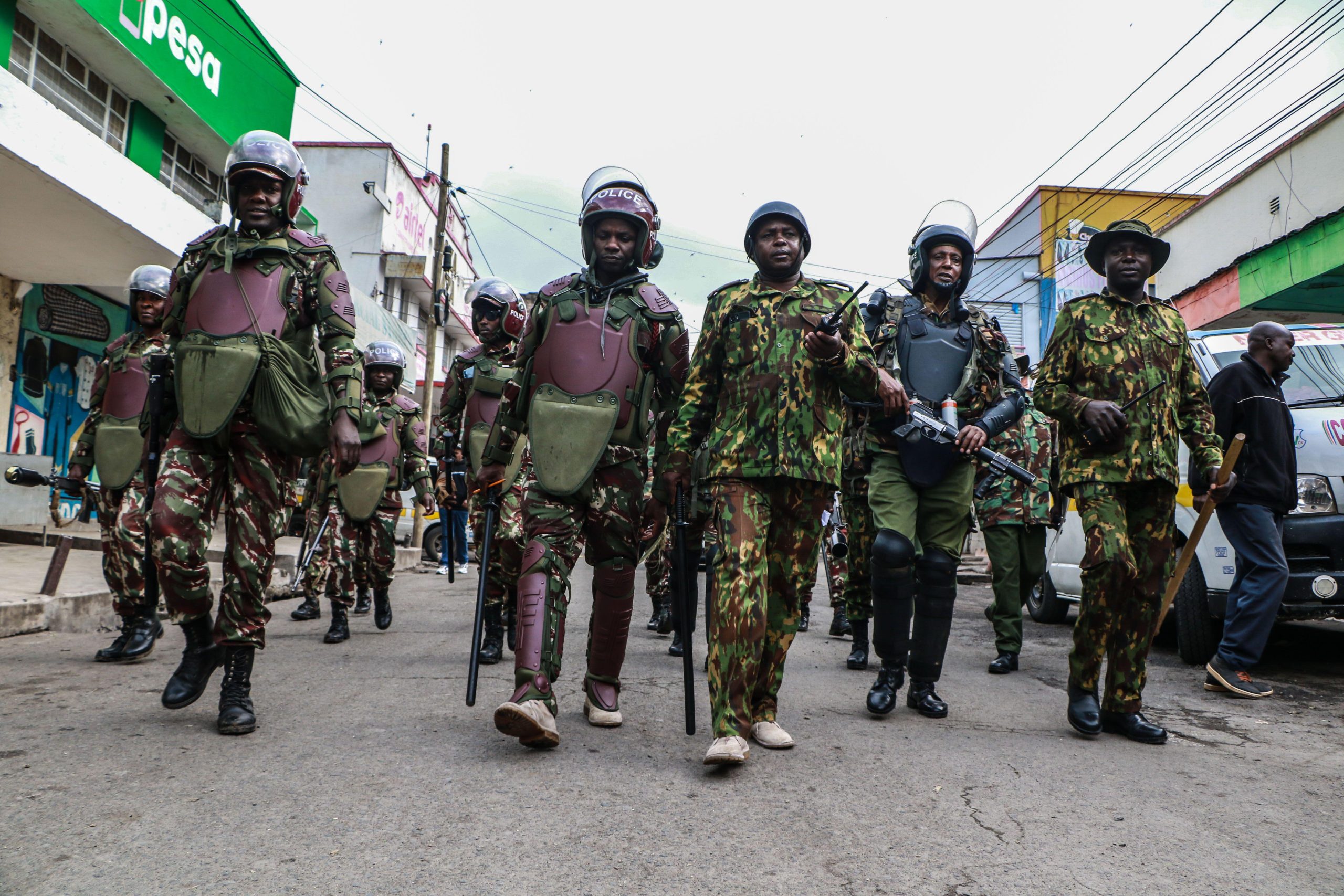After police used tear gas and batons to stop a celebrity on hunger strike, what hope is there for non-violent protest in India? Leo Mirani reports.
“It is in the nature of things that if you start a circus, sooner or later the clowns will arrive,” wrote Manu Joseph, in the New York Times this week. Never has a metaphor been more apt.
Filling the void left by a struggling opposition party, public discourse in India has been hijacked by the antics of Baba Ramdev, a television yoga guru credited with reintroducing the practice to millions of viewers. The guru, dubbed the Yoganator by the Wall Street Journal, wants the government to do something about corruption. The government has been hit by numerous corruption scandals over the last year, including the shambles of the Commonwealth Games and the cut-price allocation of mobile telephony spectrum that cost the public purse billions of dollars in lost payments.
Baba Ramdev’s wants the Indian rupee be re-valued so that it is worth 50 US dollars (a reversal of its present value) and that rupee notes in large denominations be outlawed, supposedly to make it harder to give and receive bribes.
On Saturday, Baba Ramdev went on hunger strike along with thousands of others in a tent in New Delhi, demanding the government nationalise so-called “black money” and repatriate any cash stashed abroad. In the early hours of Sunday morning, the Delhi police broke up the mass fast. Tear-gas and baton charges were used against a gathering that was peaceful, hungry and, for the most part, asleep. Thirty people were injured in the action.
By the time Baba Ramdev began his fast, it had already become the subject of round-the-clock television news coverage. In the week leading up to the demonstration-cum-yoga-session, Indians watched in horrified fascination as an economically illiterate, unelected yoga instructor with dodgy views on personal liberties — he believes that homosexuality is a mental disease that can be cured through yoga and that the corrupt should be hanged — bent the national conversation to his will. The press called him “naïve and embarrassing” and dismissed his supporters as “intellectual charlatans, former babu busybodies, has-beens and wannabes, even some assorted nutcases and loonies” .
None of which, however, means the government of a nation regularly feted in the international press as a shining example of a democracy can legitimately break up a peaceful group of protestors with tear gas and batons in the middle of the night.
That the Indian state sees fit to infringe on the constitutional rights of Indian citizens is worrying enough but that it does so in so public, so blatant a manner speaks volumes about the government’s arrogance. The whole country was watching the saga; every newspaper in India would — and did — write about it the following morning.
But wait. It gets worse.
The same Sunday, the Delhi police imposed Section 144 of the Criminal Procedure Code in the city. The imposition prohibits gatherings of more than five people, processions, demonstrations, displaying slogans or signs and shouting slogans within the jurisdiction of Delhi district. The clampdown is in place for the week to Sunday, June 11. As a result, Baba Ramdev’s associate, veteran social activist Anna Hazare, was forced to move a scheduled one-day fast to a part of the city outside the purview of the judicial order.
The right to protest was already limited in the Indian capital. Where once protesters could gather outside parliament and on the street leading to the presidential mansion, they are now restricted to Jantar Mantar, an 18th century open-air observatory far from the eyes and ears of elected officials and Delhi’s police are even considering shutting down Jantar Mantar.
Looking at the events of the last week, there can be little doubt that the government of India has lost its way. Mired in scandal, complacent in its parliamentary majority, and unwilling to address the concerns of the public, it has handled this asinine affair with as much tact as Prince Phillip at an alcoholics anonymous meeting. If this is how the administration reacts in full public view to a farcical piece of theatre, a bearded guru taken seriously only by a few thousand yoga lovers, then it is a worrying portent for legitimate voices of dissent.
Leo Mirani is a freelance journalist






